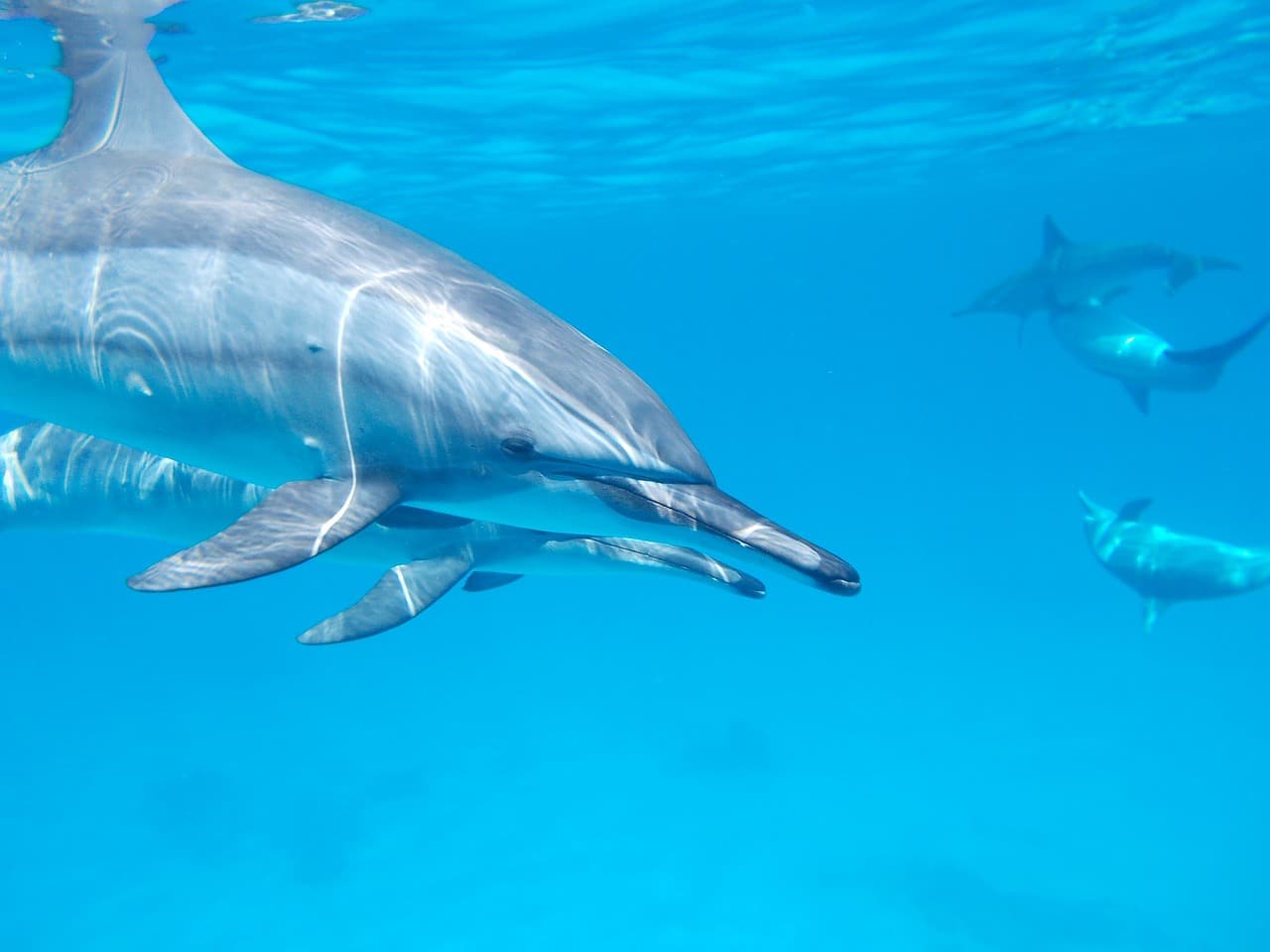Dolphins are incredible mammals, but so are humans. Even though dolphins belong in the ocean and humans belong on land, humans get sick when they dive into the ocean, according to a study published in Frontiers in Physiology.
The study shows that marine researchers used three trained male bottlenose dolphins to see if they respond to three distinctive hand signals, each of which indicates a different interval the dolphins have to hold their breath. With this conditioning, the dolphins managed to learn how to distinguish between long breath-holds, short-breath holds, and simply holding their breath as long as they want. The marine researchers signaled to the dolphins about 5 to 10 seconds before they were supposed to go underwater. They also alternated different signals regularly.
The Reason Why
Since they managed to do it successfully, marine researchers found that the mammals were able to adjust the beat of their heart according to what they needed. This showed a connection between whatever the researcher asked them to do and the preparation they took to do so accordingly. Due to their ability to rapidly change their heart rate, they were able to vary the drop thereof depending on the condition they found themselves in, which is the opposite of what humans can do.
Given that the dolphin can reduce their heart rates, they were able to avoid decompression sickness, which is something humans experience when they descend into the deep sea. When we dive down into the sea, there is a rapid decrease in pressure, both in the air and water, which affects us negatively. Since we can’t regulate our heart rate like dolphins can, we can’t withstand the compression we experience in the deep sea. This is what humans and dolphins apart when swimming in ocean waters.






